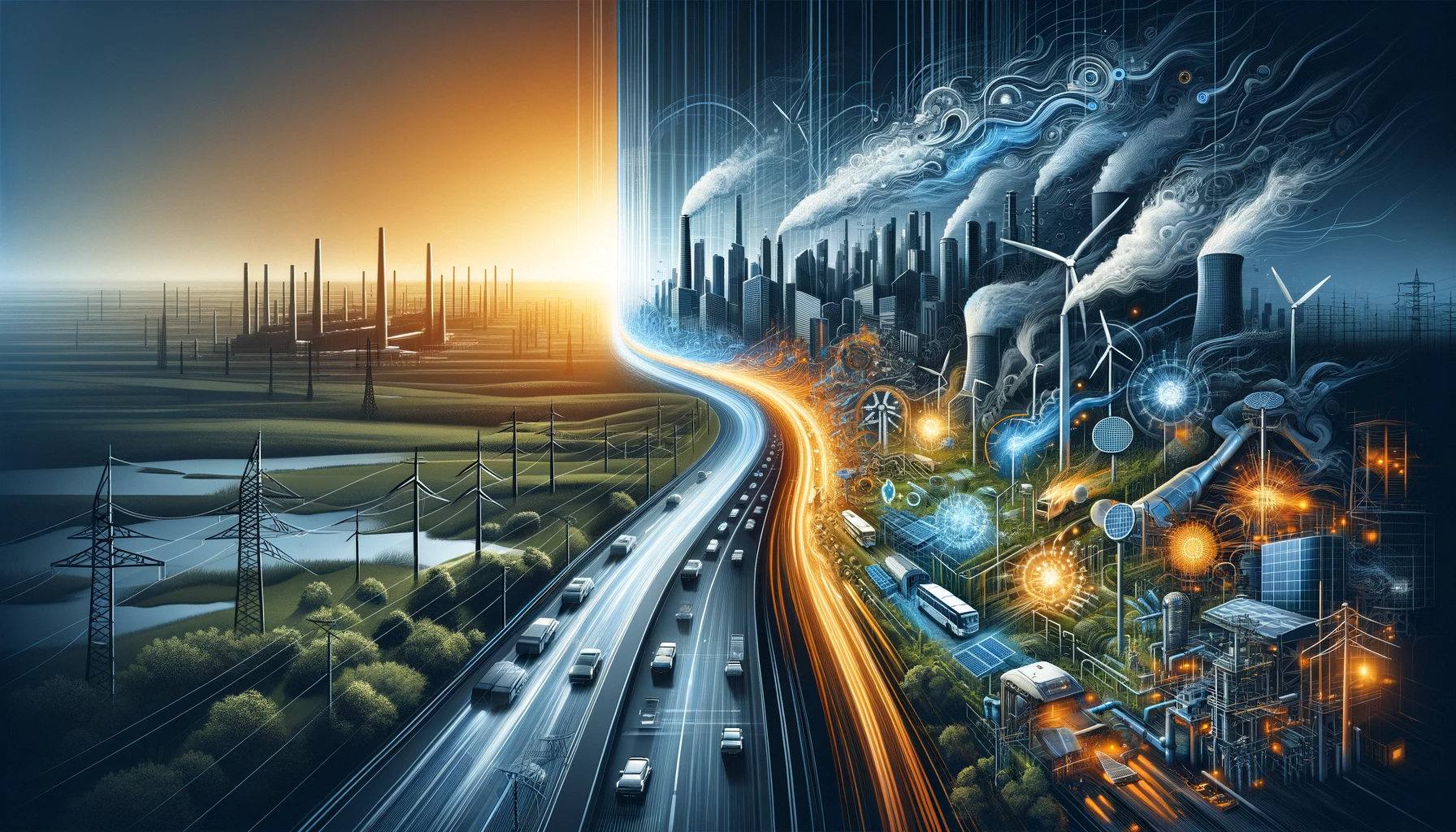The renewable energy revolution is pivotal for the sustainable future of our planet. This shift from traditional fossil fuels to renewable energy sources like wind, solar, and hydropower is essential in tackling climate change and promoting global environmental health.
Global Efforts and Challenges
UN Secretary-General António Guterres has emphasized the urgency of this energy transition as the only viable path to avert a climate catastrophe. He outlined a five-point plan to facilitate a just transition to renewable energy, highlighting the necessity to double the share of renewable energy to over 60% by 2030 and 90% by mid-century. This plan includes the removal of intellectual property barriers for key renewable technologies and diversification in the supply chains of renewable technologies.
The shift to clean energy is also affecting workers and communities, particularly in regions that depend heavily on fossil fuels. As renewable energy becomes more competitive, it’s essential to support and prepare these communities for the transition. This involves creating new job opportunities and ensuring that the transition is fair and inclusive.
Accelerating the Transition
The World Wildlife Fund (WWF) is actively working to accelerate the shift to renewable energy. They advocate for renewable energy among consumers and end users, demonstrating solutions in practice to help communities and businesses access renewable energy. WWF’s approach ensures the sustainability and fairness of the transition, addressing environmental impacts on wildlife habitats and biodiversity.
The International Energy Agency (IEA) predicts significant changes in the global energy system by 2030. This includes a substantial increase in the use of clean technologies like electric cars and solar power, with renewables expected to near 50% of the global electricity mix. This shift, based on current policy settings, will have major implications for fossil fuels, potentially leading to a decline in their global demand.
SDG Alignment
This article aligns with several Sustainable Development Goals (SDGs), particularly:
- SDG 7 (Affordable and Clean Energy): Emphasizes the need for clean and affordable energy.
- SDG 13 (Climate Action): Addresses the urgent actions required to combat climate change and its impacts.
- SDG 9 (Industry, Innovation, and Infrastructure): Highlights the role of innovative and sustainable infrastructure in the energy sector.
- SDG 8 (Decent Work and Economic Growth): Relates to the creation of job opportunities and economic growth through the energy transition.
Conclusion
The renewable revolution represents a crucial step towards a sustainable future. It is imperative to support this transition through innovation, policy changes, and global cooperation. By embracing renewable energy, we can achieve a more sustainable, equitable, and prosperous world for current and future generations.


